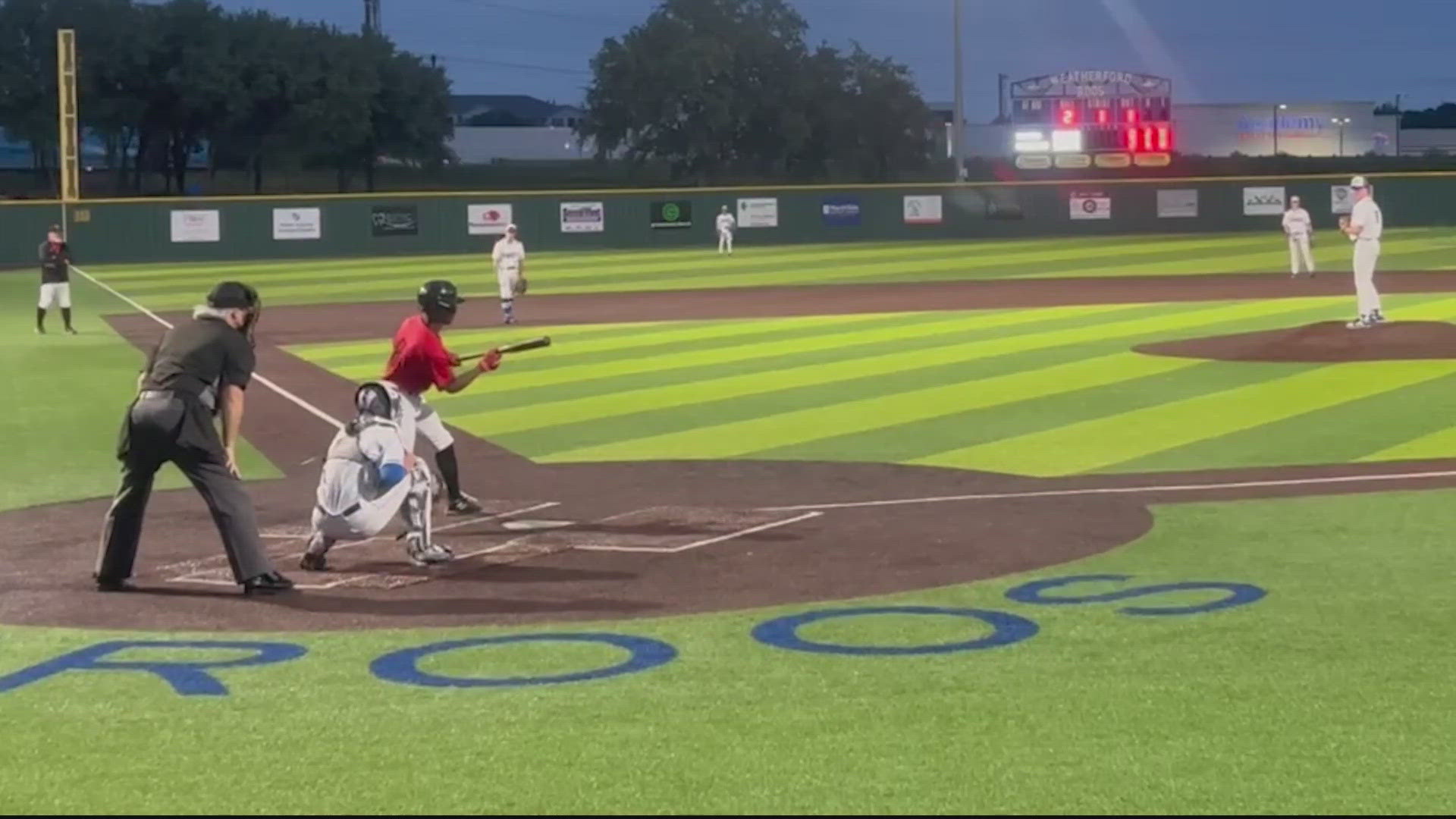School police must give Miranda warnings to students accused of crimes when questioning them even if principals or other school officials are present, the Indiana Supreme Court ruled Wednesday.
In a case involving a 13-year-old boy accused of scrawling a bomb threat on a bathroom wall at Decatur Middle School, the state's high court for the first time made it clear that when police are present during an interview conducted by school officials and asking questions, officers must advise juveniles of their constitutional rights to remain silent and to have an attorney.
"As the law-enforcement presence grows in today’s schools, so does the discussion of students’ rights," Chief Justice Loretta Rush wrote in the opinion. "The right against self-incrimination is protected by Miranda warnings."
The 13-year-old admitted to writing the threat while he was in the vice principal's office and the vice principal and school resource officers were present, according to court documents. One officer had asked the boy to provide a writing sample to compare with the message left on the bathroom wall. Another officer encouraged the child to confess. When the boy's mother arrived, the student said he meant the threat as a joke.
The vice principal suspended the student. The school resource officers arrested him and took him to the Marion County Juvenile Detention Center. Prosecutors alleged that the child was delinquent for committing false reporting, a felony if committed by an adult, and institutional criminal mischief, a misdemeanor if committed by an adult.
The attorney for the child argued that his admission should be suppressed because he was not given his Miranda warnings.
The Miranda warnings come out of a 1966 U.S. Supreme Court case and have been made famous in television and movies for decades.
Officers read the warning from a card and tell suspects the following:
“You have the right to remain silent. Anything you say can and will be used against you in a court of law. You have the right to an attorney. If you cannot afford an attorney, one will be provided for you."
The warning is designed to stop police from coercing suspects into confessing.
"Children are particularly vulnerable to that coercion," Rush wrote, "making Miranda warnings especially important when police place a student under custodial interrogation at school."
Amy Karozos, the Indiana Public Defender Council attorney who argued the case on behalf of the 13-year-old, said the court decision protects children who are more prone to bow to pressure or give a false confession.
"Just because you are a student in school," Karozos said, "you don't give up your Miranda rights."



